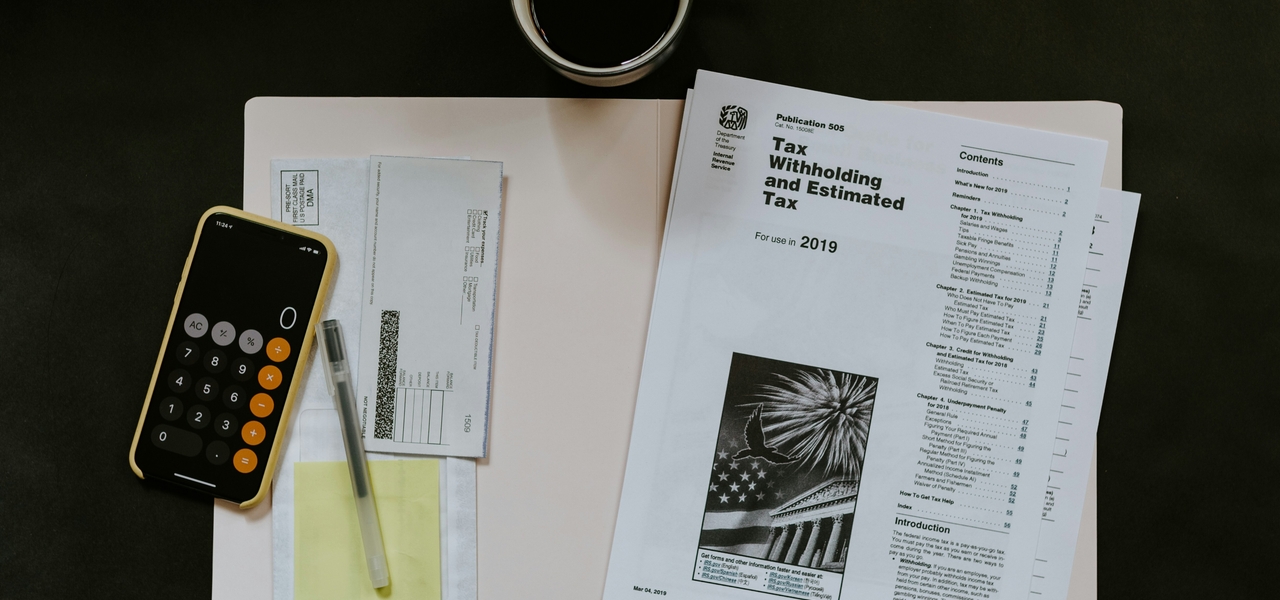Campaigners are urging the UK Government to reform income tax rules as families face a cost of living crisis.
UK households are now witnessing the biggest increase in energy costs in living memory. Bills for a typical house are rising by nearly £700 a year, or 54%.
A surge in inflation is also affecting basic commodities. Fuel costs are hovering around £1.60 and food prices are around 5.2% higher than they were a year ago.
A combination of price increases has sparked fears that millions of children will have to sacrifice essentials like food and clothing.
Reforms can bring relief
A timely report by family campaigners argues that existing rules on income tax can be reformed to bring relief to the most vulnerable families in years to come.
The study, by social policy charity CARE and tax policy experts Tax & the Family, argues that the current approach to taxation is inherently unfair. It states:
"The UK tax system does not treat families fairly. The amount of tax that they pay bears little relationship to how well off they are. Many families in poverty pay income tax. Some in the bottom half of the income distribution even pay higher rate tax and are liable for the HICBC. This problem, which has been ignored by successive Chancellors, is a serious one, and needs to be tackled.
"Latest data from the ONS indicates that there are 27.8 million households in the UK.16 Nearly 8 million of these households are families with dependent children: 5.26 million couples with one or two children, 0.94 million couples with three or more, and 1.67 million single parent families.
"Families with a single income (one-earner couple families and single parent families) are the most disadvantaged by the income tax system. Our figures also suggest that families with two equal incomes may have higher tax liabilities than households without dependents. This unfairness is due to the fact that UK income tax is based on the individual and has little regard for family responsibilities."
Calling for significant "structural reform" of the income tax system, the report adds:
"What is needed is a culture change so that the household is recognised as the basic unit of taxation, just as it is for other purposes. This will enable the unfairness and disadvantages for families with children considered earlier in this report to be tackled and the UK system brought more closely into line with those in most other developed countries.
"The necessary structural change should start with a consultation paper which would look at how best the household basis might be introduced. However, the conclusions would take time to put into effect. Meanwhile short and medium term changes would be needed to reduce the inequalities that result from present system."
International comparisons
Analysis shows that the UK is out-of-step with other Western nations in terms of the tax burden it places on families as a proportion of income.
In the UK, a couple in a marriage or civil partnership with one income and two children earning the OECD average wage will surrender around 40% more than the comparable family in France, and nearly three times more than the comparable family in the US. The figures for a single mother with two children are similar.
Commenting on the launch of the report, Ross Hendry, CEO of CARE, said:
“Our country is in the midst of a cost-of-living crisis. Across the UK, bills are rising. Many families are facing the heart-breaking dilemma of choosing between eating or heating. We must consider a range of legislative options to give UK citizens, and particularly the most vulnerable families, real help in the years ahead.
“The UK tax system fails to treat families fairly. The amount of tax that a family pays in the UK bears little relationship to how well off that household is. It is deeply concerning that families in poverty are paying income tax. It is shocking that families in the bottom half of income distribution pay tax at the higher rate.
“This unfairness in the tax system must be addressed. We call on Ministers to take account of our report's findings, and work towards a fairer system. We recognise that the culture change called for will be a big undertaking but as a society, we should always strive for what is fair and compassionate, even if it’s difficult to achieve.
Read the Report
The Taxation of UK Families 2021 Including International Comparisons for 2020
For more information or to request an interview, contact press@care.org.uk

